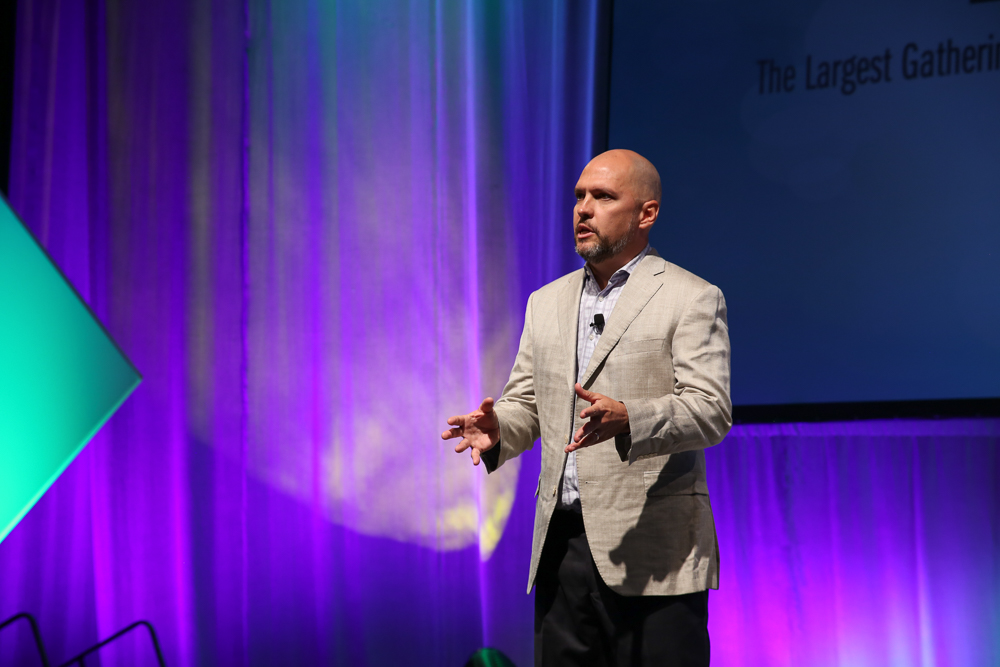3 Lessons in Listening
Eric Maddox had never done an interrogation in his life when he was called upon to go to Iraq and interrogate the world’s most wanted terrorists.
Maddox, who gave a keynote presentation at FPA’s annual conference, FPA BE 2016, was a Chinese Mandarin linguist stationed in Los Angeles, Calif., when he got orders that he was to be part of the Joint Special Operations Command (JSOC), which was tasked with tracking down, capturing and killing every person on the most wanted “deck of cards.”
But his having been a paratrooper who was also an Army Ranger and trained interrogator gave him all the skills necessary for this important mission.
But as it turns out, the one skill he ended up finding the most useful—the one skill that led him to help find and capture Saddam Hussein—wasn’t something the Army trained him to do.
That one skill was listening. And Maddox said that is what helped him gain the trust of the prisoners he interrogated who eventually led him to Saddam Hussein. That skill is also the one that some financial planners lack, he said.
“It’s probably the biggest failure that I’ve noticed of financial planners—they’re not listening to the needs of their clients,” Maddox said.
Though the Army’s interrogation techniques included breaking prisoner’s spirits and not giving them anything in return for information, Maddox found that just listening to them with empathy and giving them hope that they might get out of there got him more information and
Financial planners would do well to practice empathetic listening—especially the younger planners, Maddox said.
“Financial planners are well-informed and great talkers—but the very best are great listeners,” Maddox told a crowd full of financial planners. The great planners, he said “stop and listen to their clients’ needs The younger financial planners, they don’t listen.”
Maddox gives the following advice to gaining your clients’ trust through empathetic listening:
1.) Have true empathy. You have to put yourself in your clients’ shoes. Devote your time and attention fully to them. Put the phone down, clear your mind and listen to what they are saying.
2.) Be transparent and gain their trust. If clients don’t feel you are being transparent, they’re not going to trust you. And if they don’t trust you, they’re not going to confide in you. For example, when something goes wrong, the market takes a dip, then be straightforward with your clients and honest about what is happening. They’ll trust and respect you more.
3.) Find out exactly what their needs are and address them. If you have true empathy, you can better understand your clients most pressing needs and address those first.
For more information on how to apply Maddox’s techniques in your practice, see this Journal of Financial Planning 10 Questions interview.






